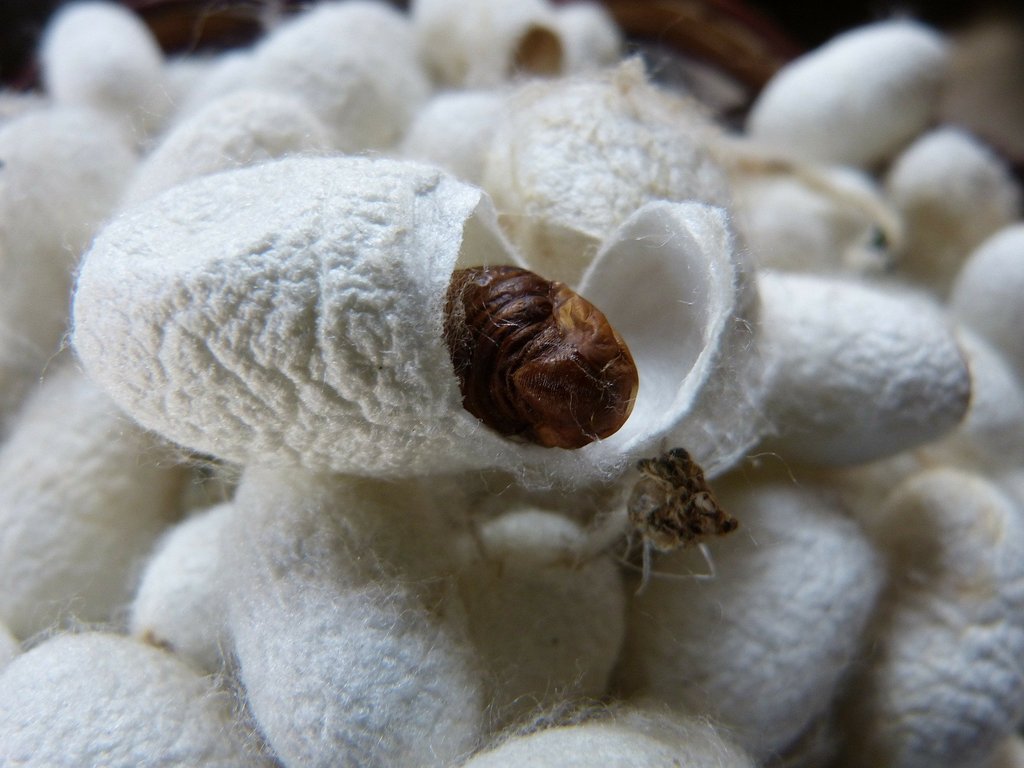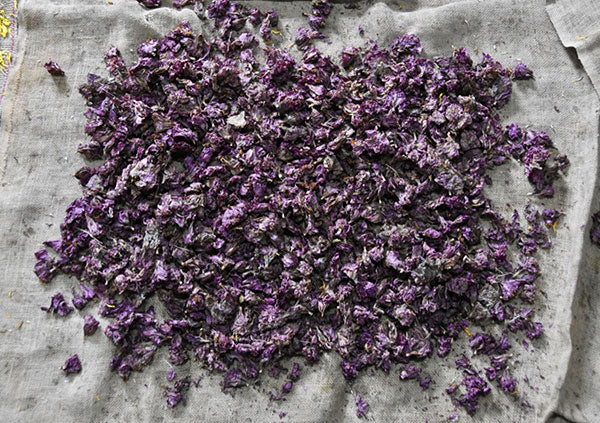NIMBOO RAW MATERIALS
“Create an eco-conscious company that cares about sustainable development”
At Nimboo, our materials are at the heart of our design process. We believe that a careful choice of materials is fundamental to creating an environmentally friendly product. We spent months researching new natural raw materials to mine, as well as local craft groups that could work with them. Natural, lightweight, low-carbon materials are just a few examples of what we care about. Some of our raw materials come from flowers abandoned in temples in India or saris thrown away unworn, or only by the gods. Other materials are also flowers, transformed into textile fibers. Our raw materials are original! Get to know them and learn more about their unique stories.
CERTIFIED NATURAL AND ORGANIC
We constantly challenge ourselves and everyone around us to push the boundaries in order to manufacture superior products in a way that is respectful of the Earth and all her inhabitants; sustainable and elegant eco-chic products. For our fabrics, we only use certified natural fibers such as peace silk, linen and cotton. As an extension of the Nimboo philosophy, we are constantly improving where our materials come from and how we make our collections.
-
AHIMSA PEACE SILK
Peace silk is made from natural protein fibers produced by silkworm larvae. Drawing from the deep Vedic tradition of "Ahimsa" which means non-violence, the material is treated without killing the silkworm.
-


THE TEMPLE FLOWER PROJECT
In India, the flowers offered for the prayers in the temples are blessed by the gods and the goddesses... then pollute the rivers. These offerings are considered sacred and are not normally discarded in the garbage but rather in the sacred waterways, in the hope of pleasing the gods. The Ganges, or 'Ganga' in Hindi, is one such river, one of India's greatest rivers, supporting over 400 million people who depend on it for water, food and agriculture.
-
FROM HIBISCUS TO THE FIBER OF A BEAUTIFUL FABRIC
If we have a weakness for a particular process, it would be for the transformation of the magnificent Hibiscus cannabinus or Kenaf, also called Deccan hemp in French. The sublime flower of Kenaf which adorns the foot of temples, houses and shops, is, in Hindu mythology associated with the goddess Kali, the destroyer of all the evils of the world.
-



